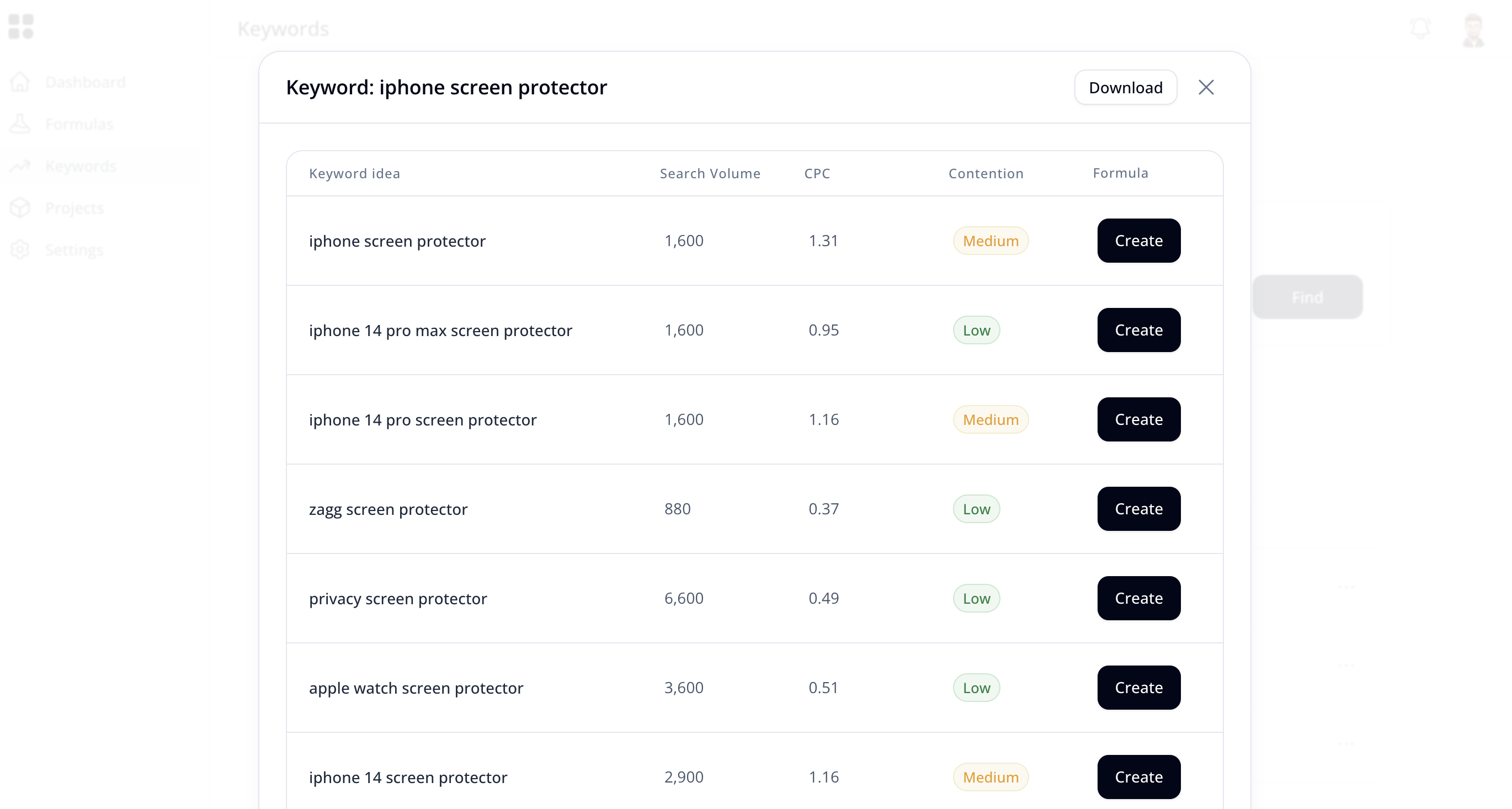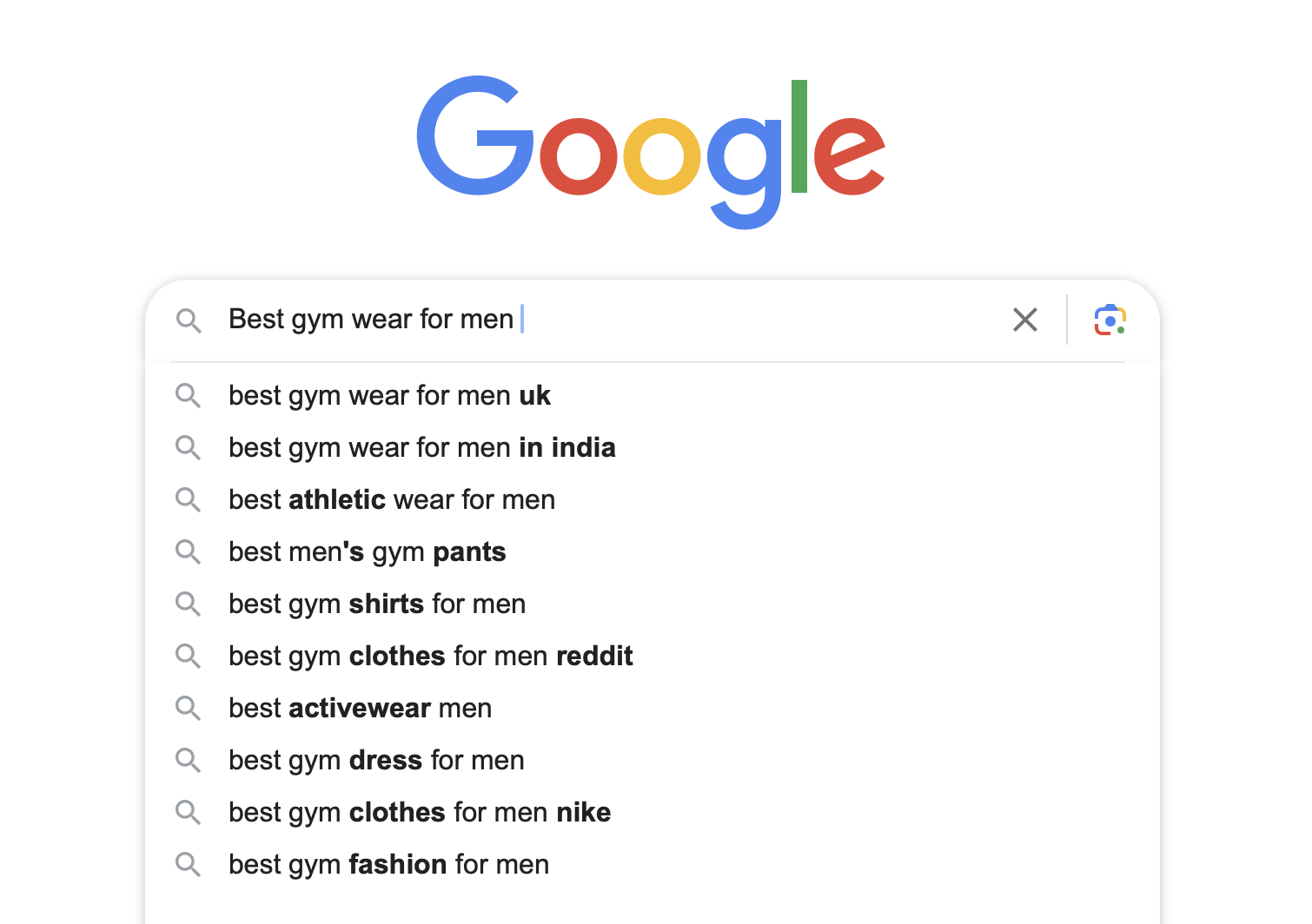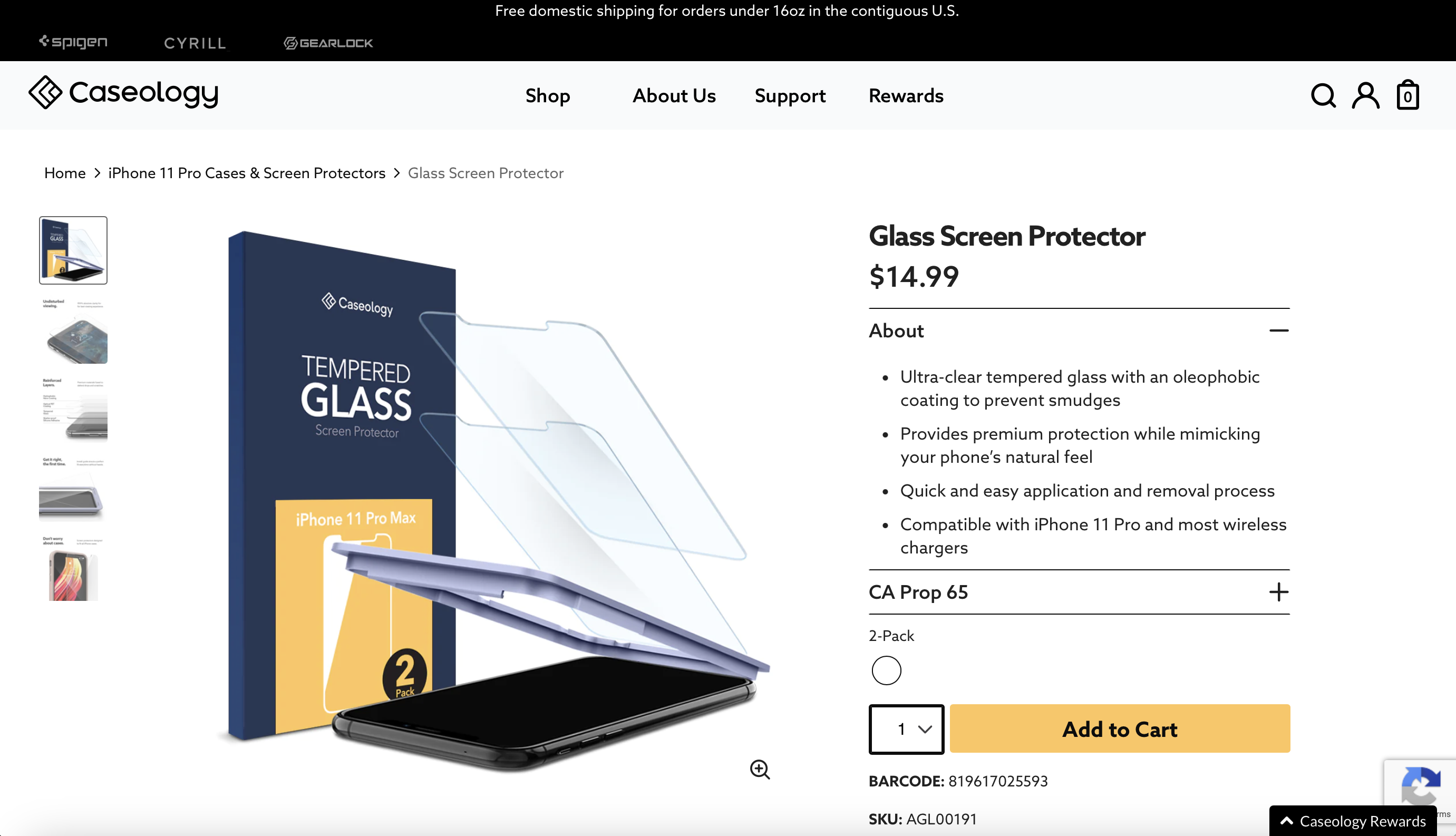Last Updated on by Dan S
Originally Published March 14, 2024.
In the bustling world of e-commerce, standing out on Shopify can feel like searching for a needle in a haystack. But what if you had a magnet? That’s where leveraging keyword research for SEO comes into play. It’s not just about finding the right words; it’s about unlocking the potential of your online store.
Imagine drawing in a flood of targeted traffic, all eager to see what you’ve got to offer. By mastering keyword research, you’re essentially laying down a breadcrumb trail for your ideal customers. It’s about being seen in the vast ocean of online shops and making sure your products don’t just blend into the background.
Let’s dive into how you can make this a reality for your Shopify store.
Leveraging Keyword Research SEO for Shopify
When diving into the world of e-commerce, especially on platforms like Shopify, understanding the nuances of keyword research SEO becomes your secret weapon. This strategy is not just about finding words; it’s about discovering the language your potential customers use when they’re searching for products. By focusing on the right keywords, you’ll ensure that your store shows up in search results, ahead of countless competitors.
Start by identifying the most relevant and high-traffic keywords in your niche. Tools like Google Keyword Planner, Seoformulas, SEMrush, and Ahrefs are invaluable in this process, offering insights into search volumes, competition levels, and even keyword trends.
Implementing Keywords in Your Shopify Store
Once you’ve identified your target keywords, incorporating them into your Shopify store begins. Here’s how to effectively use them:
- Product Titles and Descriptions: Seamlessly integrate keywords into your product titles and descriptions. This not only aids in SEO but also helps potential customers quickly understand what you’re offering.
- Blog Content: Create blog posts that tackle topics your audience cares about, using your keywords. This boosts your site’s content relevance and authority, driving more traffic.
- Meta Descriptions and Titles: Write compelling meta titles and descriptions for your pages, including keywords. These elements are crucial for search engine results pages (SERPs), enticing users to click through to your store.
- URLs: Ensure your URLs contain relevant keywords. This improves your website’s SEO structure, making it easier for search engines to crawl and index your pages.
Monitoring and updating your keyword strategy is essential as market trends shift and new competitors emerge. Keep tracking your store’s performance and adjust your keywords accordingly to stay ahead in the search rankings.

Understanding Keyword Research
When you’re diving into the world of Shopify and aiming to boost your SEO, understanding keyword research is akin to discovering a map that leads straight to your customers’ front doors. This process isn’t just about finding words; it’s about unlocking the way potential buyers think, search, and shop online. Let’s peel back the layers and delve deeper into why keywords are your secret weapon and the different types that you should be focusing on.
Importance of Keywords
In the digital marketplace, knowing the right keywords is like having a direct line to your audience’s thoughts and needs. They are the bridge connecting your products to the people looking for them online. Here’s why getting your keywords right can make or break your Shopify store’s success:
- Visibility: Utilizing the correct keywords boosts your store’s visibility on search engines. If you know what your customers are searching for, you can optimize your content to appear right where they’re looking.
- Traffic: With improved visibility, comes increased traffic. Keywords that closely match search queries have a higher chance of driving interested visitors to your site.
- Conversion: Keyword-optimized pages are more likely to convert visitors into buyers since the content is more aligned with their search intent. When you speak their language, you effectively address their needs and encourage purchases.
Keywords are not just a part of your SEO strategy; they are the foundation upon which your Shopify store’s online presence is built.
Types of Keywords
Not all keywords are created equal. They come in various forms, each with its own purpose and place in your SEO strategy. Understanding the difference is crucial for optimizing your content and capturing the right audience.
- Short-tail Keywords: These are broad terms that consist of one or two words, like “shoes” or “sports gear.” Although they attract a high volume of search traffic, they’re highly competitive and less likely to lead to conversions due to their generic nature.
- Long-tail Keywords: These phrases are more specific and usually contain three or more words, such as “women’s running shoes for flat feet.” Long-tail keywords often have a lower search volume but can drive more targeted, high-intent traffic to your store.
- Branded Keywords: These include the name of your brand or specific product names. Customers searching for these are already familiar with your store, making them more likely to make a purchase.
- Non-branded Keywords: In contrast, non-branded keywords don’t include your brand name. They relate to the products or services you offer and are crucial for attracting new customers.
Each type of keyword serves a unique purpose in your SEO strategy, helping you to attract both broad and specific segments of your target market. By incorporating a balanced mix of these keywords into your Shopify store’s content, you’re setting the stage for increased visibility, traffic, and sales.
Performing Keyword Research for Shopify
Keyword research is the cornerstone of a successful SEO strategy for your Shopify store. It’s vital to understand not just any keywords, but the right ones that your potential customers are using to find products like yours. This section delves into how you can perform effective keyword research to boost your store’s visibility and attract more traffic.
Tools for Keyword Research
To start off, you’ll need to equip yourself with the right tools for the job. Here are a few essential tools that can help streamline your keyword research process:
- Google Keyword Planner: This tool by Google AdWords is perfect for finding keywords related to your products and estimating their search volumes.
- SEMrush: A comprehensive SEO tool that provides detailed insights into keyword difficulty, search volume, and competitive analysis.
- Seoformulas: Discover untapped keywords with the keyword tool and then build powerful formulas to harvest traffic for those keywords from Google search results. Drive potential customers to your blog then onto your store.
- Ahrefs: Known for its backlink and SEO analysis, Ahrefs also offers a powerful keyword research tool that lets you discover thousands of keyword ideas and their ranking difficulty.
Each of these tools has its strengths, so you might find it beneficial to use a combination to get the most comprehensive insights into your keyword research.
Analyzing Keyword Competition
Understanding the level of competition for your chosen keywords is crucial. High competition keywords can be tougher to rank for, especially for new or small Shopify stores. Here’s how you can analyze keyword competition effectively:
- Use keyword research tools: Tools like SEMrush, Seoformulas and Ahrefs provide a keyword difficulty score which can give you an idea of how hard it would be to rank for a specific keyword.
- Check the search results: Manually checking the first page of Google’s search results for your keywords can give you insights into who your competitors are and what kind of content is ranking well.
- Identify long-tail keywords: These are longer and more specific phrases with typically lower competition and higher conversion rates. They can be gold mines for attracting targeted traffic to your Shopify store.
By thoroughly researching and understanding both the tools at your disposal and the competitive landscape, you’ll be better positioned to select keywords that are not only relevant but also attainable and profitable for your Shopify store.

Implementing Keywords on Shopify
After selecting the right keywords for your Shopify store, it’s vital to know how to effectively implement them to drive traffic and increase sales. This part of the process is where the strategic placement of your keywords comes into play, leveraging both on-page and off-page SEO tactics to fully optimize your site.
On-Page SEO Optimization
On-page SEO refers to the practice of optimizing elements on your website itself to improve search engine rankings. Here’s how you can apply this with your chosen keywords:
- Product Descriptions and Titles: Make sure your product titles and descriptions include your main keywords. This not only helps search engines understand what you’re selling but also informs your customers.
- Meta Tags: Your page titles and meta descriptions should contain relevant keywords. These elements are critical because they determine what’s displayed in search engine results.
- URLs: Keep URLs short and keyword-rich. This boosts their visibility in search results and enhances user experience.
- Alt Text for Images: Search engines can’t see images the way humans do, so including alt text with your main keywords helps them understand and rank the content of your images.
- Content Marketing: Creating blog posts or articles related to your products can attract a wider audience. Use your keywords naturally within your content to address your audience’s questions or interests.
Remember, the key is to use keywords naturally and meaningfully. Stuffing your content with keywords will do more harm than good, potentially penalizing your site.

Off-Page SEO Strategies
Off-page SEO focuses on boosting your website’s authority through backlinks and social media presence, indirectly improving your search engine rankings.
- Link Building: Get high-quality backlinks from reputable sites in your niche. This can be achieved by guest blogging, collaborating with influencers, or creating shareable content. The more authoritative websites that link back to your site, the more trustworthy your site appears to search engines.
- Social Media Marketing: An active social media presence can not only increase your brand’s visibility but also drive traffic back to your site. Use your keywords strategically in your posts and profiles to increase your visibility.
- Influencer Partnerships: Collaborating with influencers can exponentially increase your reach. Provide them with specific keywords to use when talking about your products or store.

Implementing off-page SEO strategies enhances your site’s credibility and authority, which in turn, positively impacts your search engine rankings. While these efforts might not show immediate results, they are crucial for long-term success and visibility.
Conclusion
Harnessing the power of keyword research for your Shopify store isn’t just about increasing visibility; it’s about connecting with your audience in the most effective way possible. By integrating strategic keywords throughout your site—from product descriptions to blog posts—you’re not only improving your SEO rankings but also enhancing the shopper’s experience.
Remember, the goal is to blend these keywords naturally within your content, ensuring your messaging remains authentic and engaging. With the right approach to on-page and off-page SEO, you’ll not only attract more traffic but also convert visitors into loyal customers.
Stay committed to refining your strategy, and watch your online presence grow.










